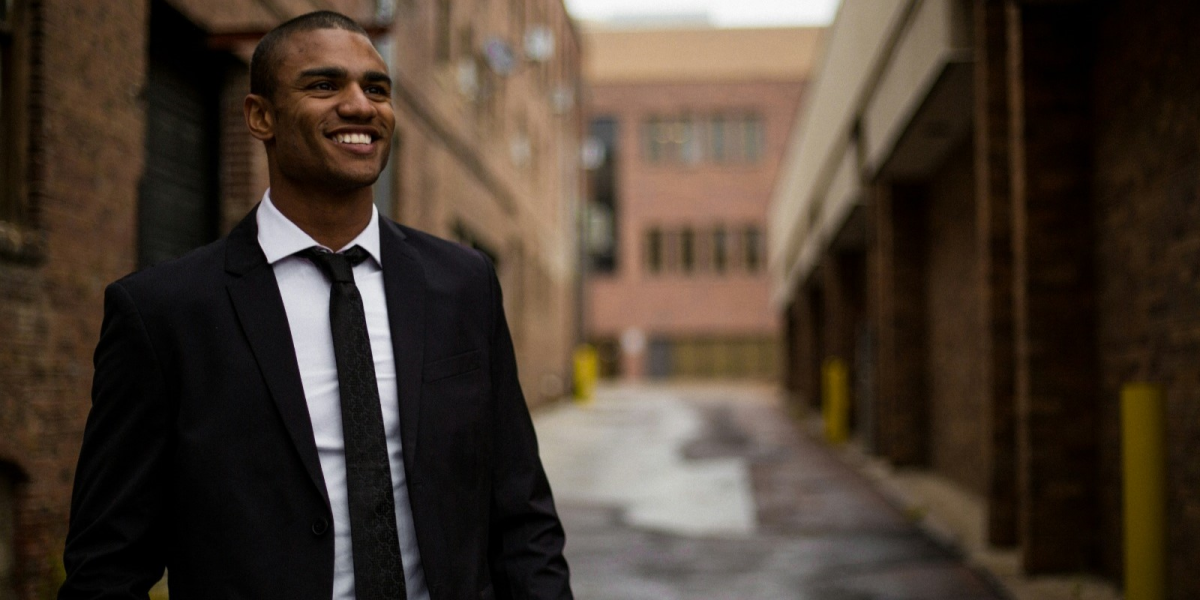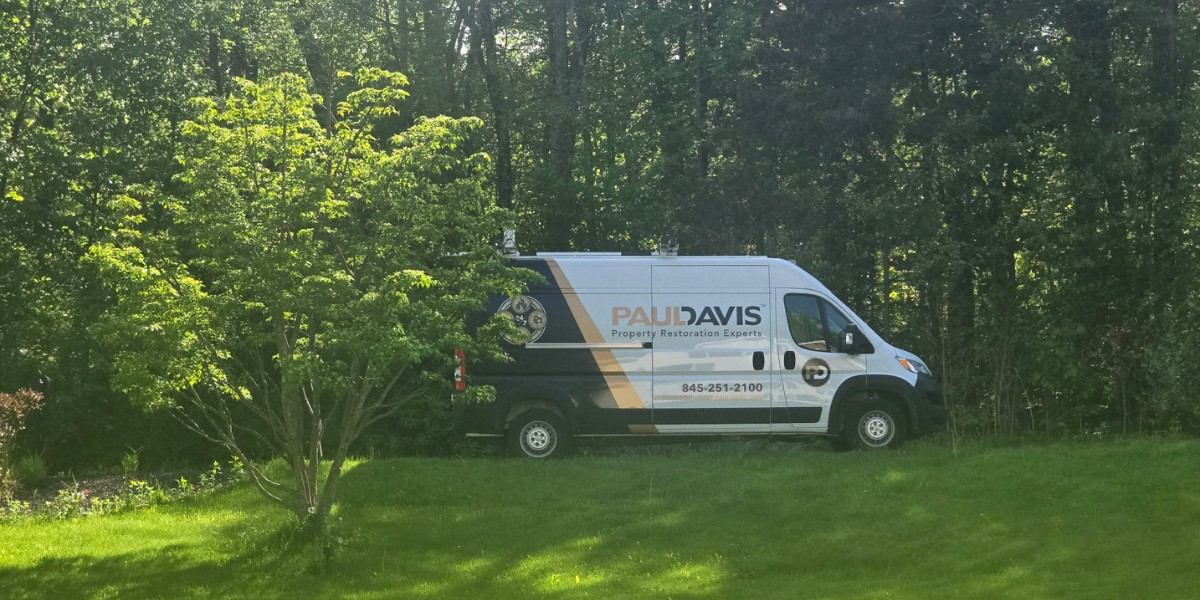Understanding the Purpose of an Interview
A job interview is a structured conversation between an employer and a candidate. Its purpose is to assess whether the applicant’s skills, experience, and personality align with the role. Employers use interviews to evaluate both technical qualifications and interpersonal qualities such as communication and problem-solving.
For candidates, the interview is also an opportunity to learn about the organization. It provides insight into the company’s culture, expectations, and growth opportunities. This two-way exchange helps both sides decide if the role is a good match.
Recognizing the interview as a mutual evaluation can reduce anxiety. Instead of viewing it as a test, candidates can approach it as a professional discussion where both parties seek clarity.
Researching the Employer
Preparation begins with understanding the organization. Reviewing the company’s website, annual reports, and press releases can provide valuable context. Candidates should pay attention to the company’s mission, values, and recent achievements.
Public sources such as government filings or industry news can also offer insight into the company’s position in the market. This knowledge allows candidates to tailor their responses to show awareness of the employer’s priorities.
Researching the employer demonstrates initiative and interest. It also helps candidates prepare thoughtful questions, which can leave a positive impression during the interview.
Reviewing the Job Description
The job description outlines the skills and responsibilities the employer values most. Candidates should read it carefully and identify the key qualifications. Highlighting past experiences that match these requirements can strengthen responses.
Breaking down the description into specific tasks can make preparation more manageable. For example, if the role emphasizes project management, candidates can prepare examples of how they have led teams or managed deadlines.
By aligning their experiences with the job description, candidates show that they understand the role and are prepared to contribute effectively.
Practicing Common Questions
Many interviews include standard questions such as “Tell me about yourself” or “What are your strengths and weaknesses.” Preparing clear, concise answers can help candidates feel more confident.
Behavioral questions, which ask about past experiences, are also common. These often begin with phrases like “Tell me about a time when…” Candidates can use the STAR method—Situation, Task, Action, Result—to structure their responses.
Practicing aloud can make answers feel more natural. It also helps candidates manage pacing and tone, which are important for clear communication.
Preparing Questions for the Employer
Employers often invite candidates to ask questions at the end of an interview. This is an opportunity to show engagement and curiosity. Asking about team structure, performance expectations, or professional development can demonstrate genuine interest.
Well-prepared questions also help candidates assess whether the role fits their goals. For example, asking about opportunities for training can reveal how the company supports employee growth.
Avoiding questions that could be answered through basic research is important. Thoughtful, specific questions reflect preparation and professionalism.
Managing Practical Details
Logistics can affect performance as much as preparation. Candidates should confirm the interview time, location, and format in advance. For virtual interviews, testing the technology beforehand can prevent disruptions.
Choosing appropriate attire is another important step. Clothing should reflect the company’s culture while maintaining professionalism. When in doubt, it is safer to dress slightly more formally.
Arriving early, whether in person or online, allows time to settle and focus. Small details like these can reduce stress and create a smoother experience.
Handling Nerves and Building Confidence
Feeling nervous before an interview is common. Simple techniques such as deep breathing or positive visualization can help manage anxiety. Practicing with a friend or mentor can also build confidence.
Confidence grows from preparation. Knowing that research has been done and answers have been practiced can provide reassurance. Candidates don’t need to be perfect; they only need to communicate clearly and authentically.
Employers understand that interviews can be stressful. Showing composure, even when nervous, can leave a strong impression of professionalism.
Following Up After the Interview
The process doesn’t end when the interview concludes. Sending a brief thank-you message within 24 hours is considered professional courtesy. It can be used to express appreciation and reinforce interest in the role.
The message should be concise and respectful. It can highlight one or two points from the conversation that stood out. This shows attentiveness and leaves a positive final impression.
Following up also keeps communication open. Even if the outcome is uncertain, it demonstrates professionalism and respect for the interviewer’s time.








